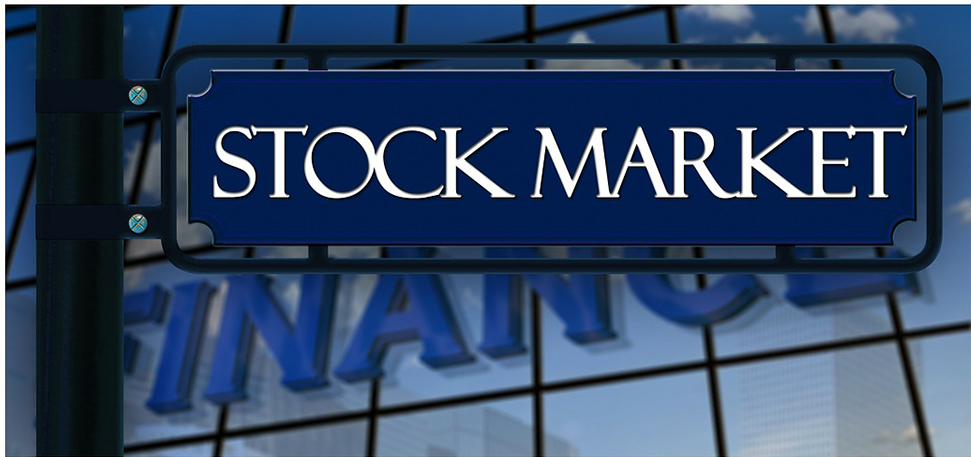The flattening of the yield curve, housing prices, and high valuation levels in the stock market all seem to be predicting hard times ahead — an upcoming bust in equity markets.
If the yield curve continues to flatten to the point of becoming inverted, this is historically a very reliable indicator of an upcoming recession months to a year in the future.
Given this, I think it is a wise move at this point in time to position our investments accordingly.
This means getting more defensive.
In the consumer sector, here are the defensive stocks to own, and the stocks to stay away from in this environment.
Metro (TSX:MRU)
With an $11 billion market capitalization and a 1.75% dividend yield, Metro has been a story of consistency, stability, and shareholder wealth creation. If the risk of a recession is elevated, as the flattening yield curve suggests, then a defensive name like Metro stock is a good one to bulk up on.
In difficult economic times, people will forgo spending on many things, but food is a basic necessity; therefore, it’s pretty immune to economic troubles.
With the stock hovering in the $40-45 level in the last two years, despite continued strong results and dividend increases, we are presented with a good entry point.
2018 earnings are expected to be 6.3% higher than 2016 earnings, and the annual dividend was increased by 16% in 2017 to $0.65 per share and by 10.8% earlier this year to the current $0.72 per share.
Furthermore, the company’s steps to diversify in order to ensure continued growth well into the future came with its acquisition of Jean Coutu, the Quebec-based pharmacy, another defensive, strong free cash flow business with a strong retail brand, which closed on May 11, 2018.
Empire Company (TSX:EMP.A) is another defensive stock that has the same reasoning behind it, except that it is more of a turnaround story with elevated risk levels associated with it.
One thing is for sure: if and when the economy and the market begin to turn, investors will be way less forgiving of risks, and this stock will suffer despite the defensive business it’s in.
Canadian Tire (TSX:CTC.A)
With one of the most recognizable brand names and a long history, Canadian Tire, with $13.5 billion in revenue, has an unrivaled position in the Canadian retail industry.
In the last 10 years, annual dividends have grown at a compound annual growth rate of 16%.
The dividend yield is currently a reasonable 2.2%, and while investors can have confidence in the future growth rate of these dividends, as the company continues to seek out acquisitions to boost growth and to drive higher margins and returns, I think the downside in the event of hard economic times might be significant.
Dollarama (TSX:DOL)
In the case of Dollarama stock, I am torn.
On the one hand, Dollarama’s low-priced options for shoppers is the perfect business for hard economic times.
On the other hand, the valuation is crazy expensive, and in the event of a recession, Dollarama stock would surely not be afforded such a generous multiple, so it has far to fall.







